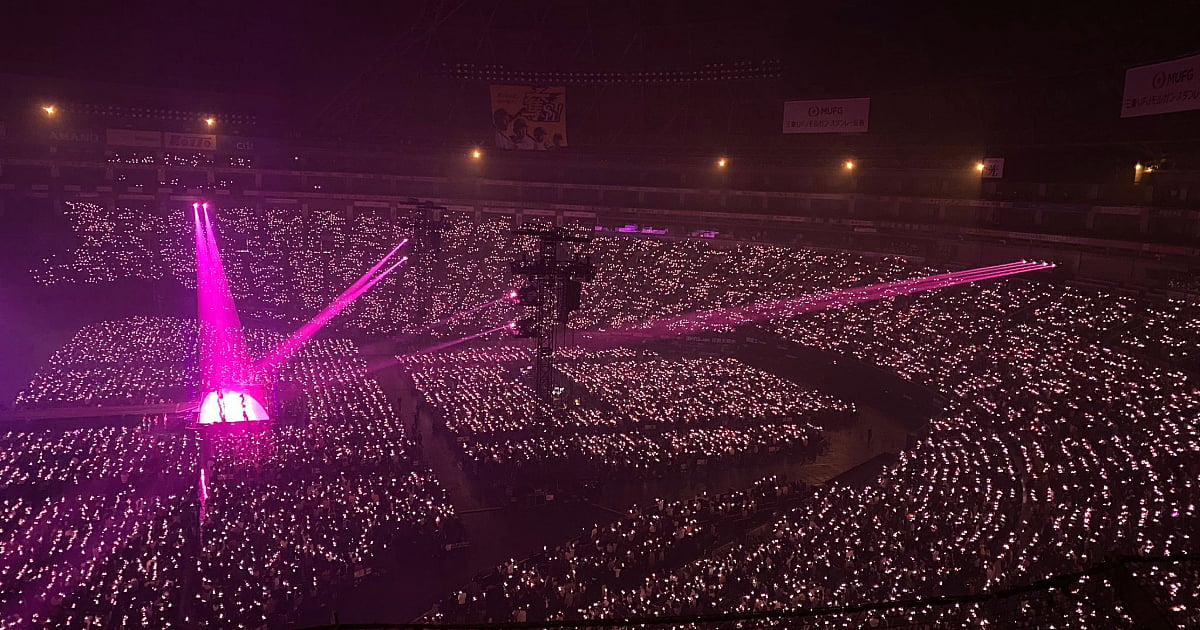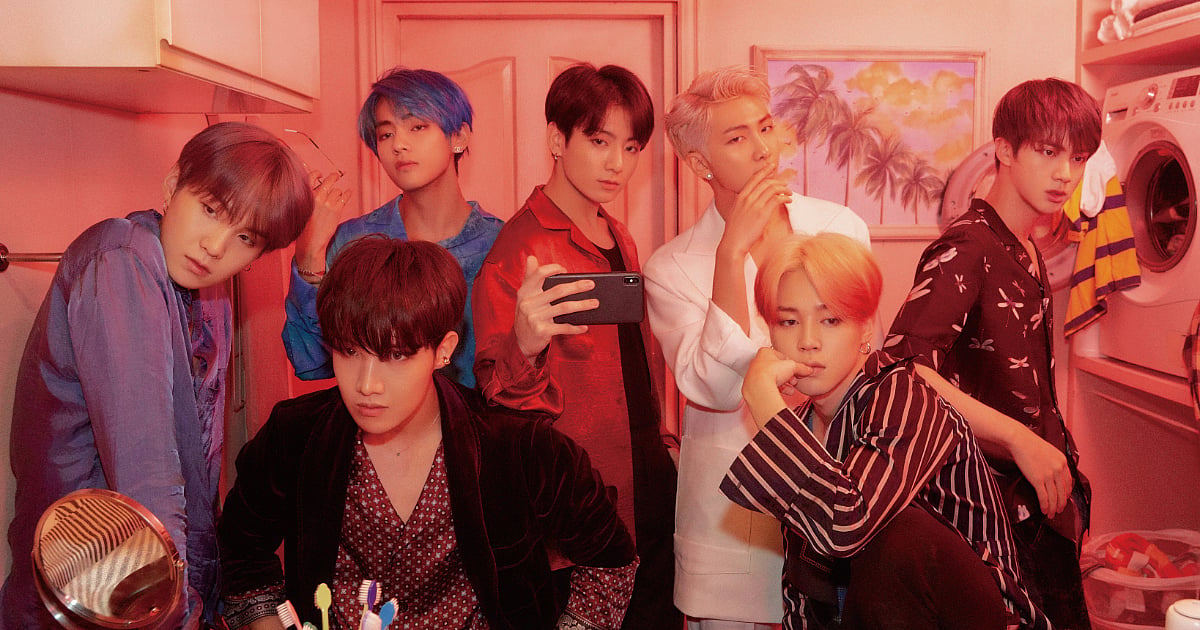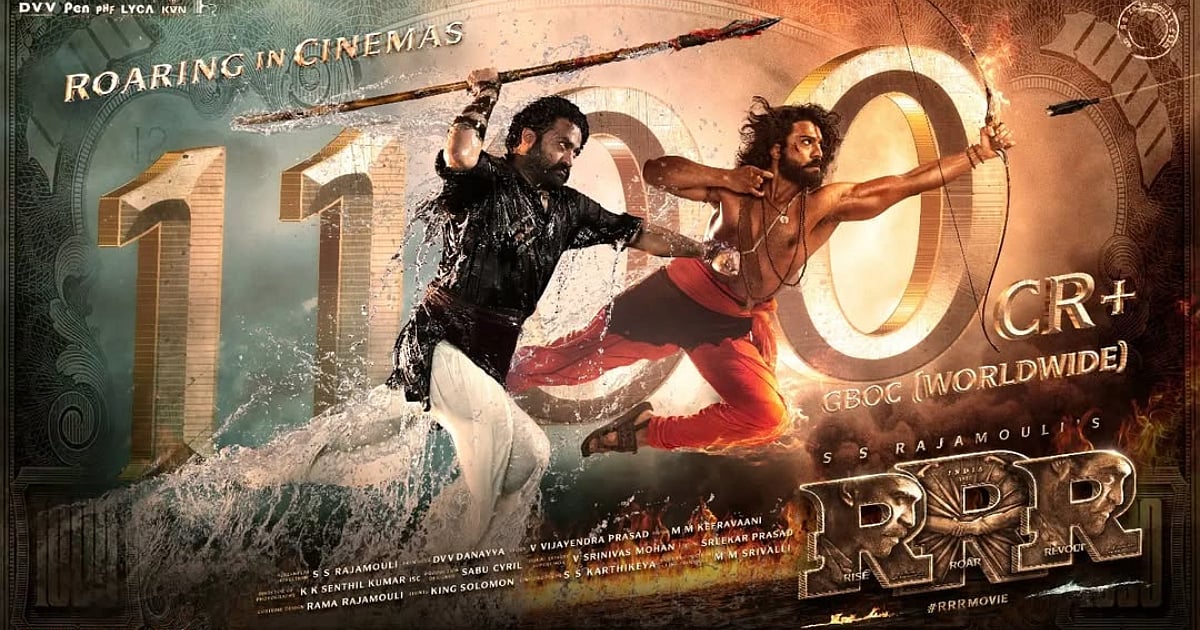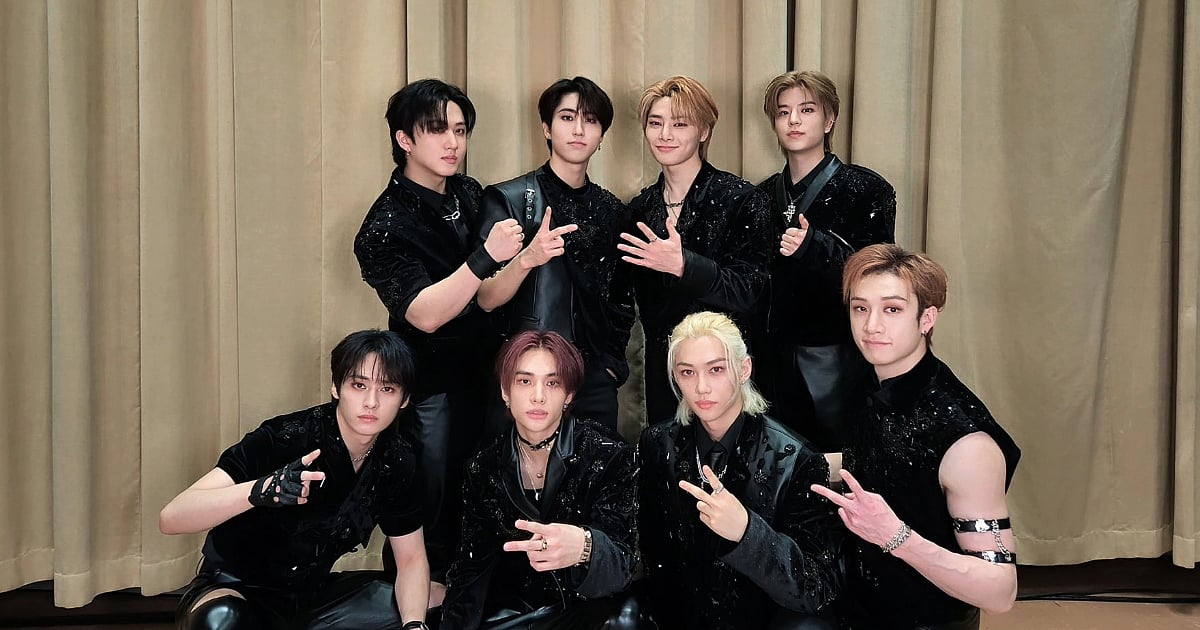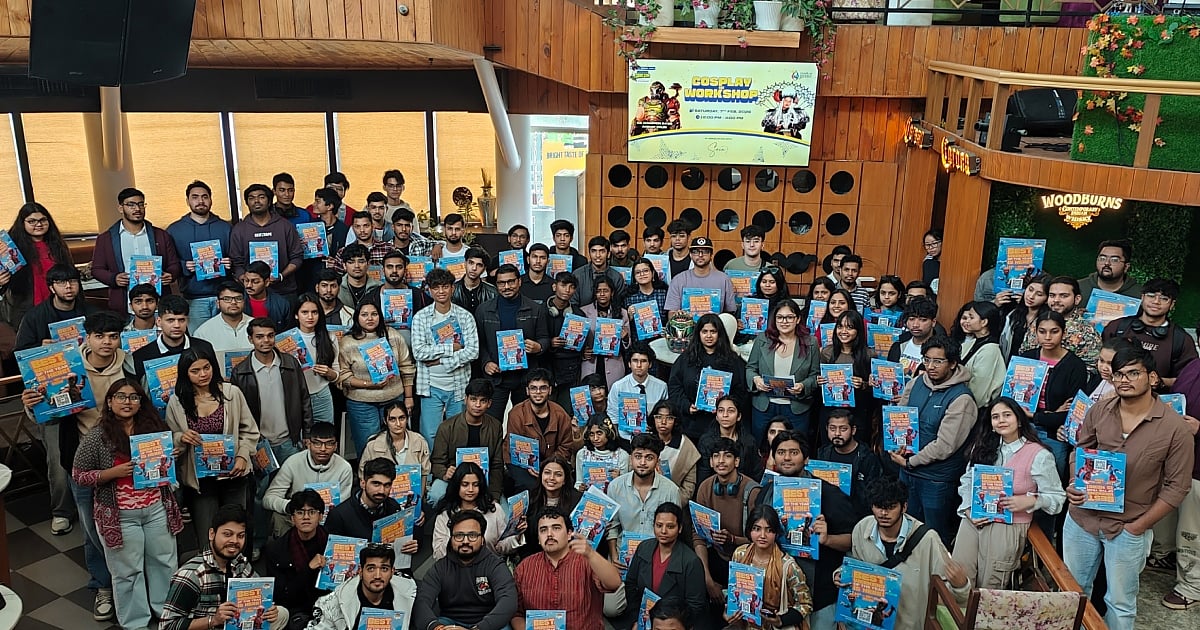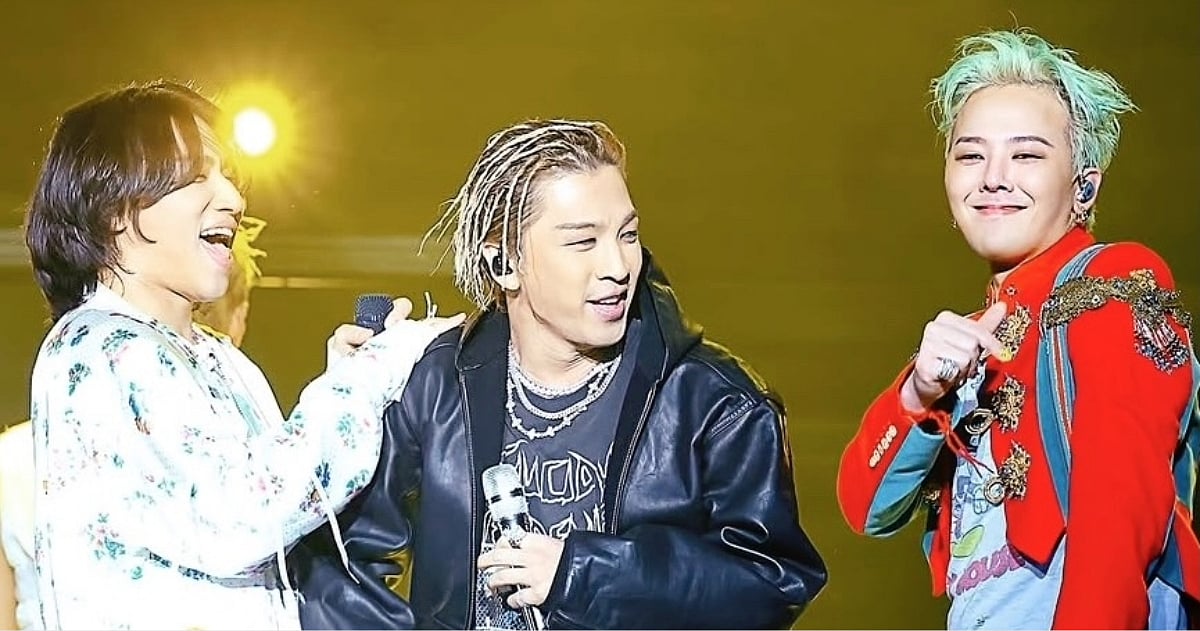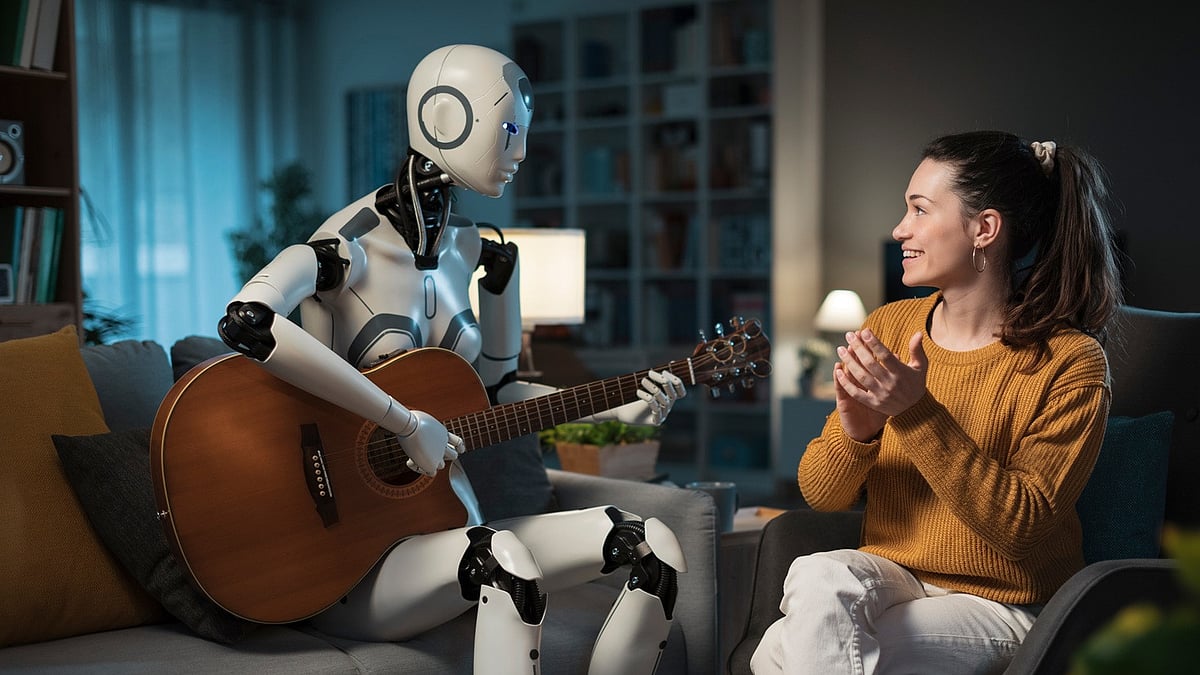
OpenAI Eyes New AI Music-Tool for Creators
OpenAI Eyes New AI Music-Tool for Creators
New generation of AI-driven music creation targets professional workflows amid a surge in industry rights concerns
Highlights
- OpenAI is developing an advanced AI music-generation tool that turns text prompts and samples into full compositions.
- The model, trained with Juilliard collaboration, aims to enhance emotional depth and professional workflow integration.
- Its debut reignites copyright and authenticity debates, as AI music tools disrupt creative labor and ownership norms.
OpenAI is developing an advanced music-generation tool that converts text prompts and audio samples into full compositions, according to a report by The Information, entering a market already crowded with startups but fraught with copyright questions.
The tool will include accompaniment features for vocal tracks and the ability to add curated music to videos, the report said. Features such as multi-vocal track generation and AI-assisted mixing are expected to appeal to independent musicians and content creators seeking to streamline production workflows.
The effort marks a significant step beyond OpenAI's earlier experimental models. In 2020, the San Francisco-based company released Jukebox, a proof-of-concept system that generated four-minute audio tracks in various genres based on prompts specifying style, artist and lyrics. The technology showed promise but had significant limitations.
For the new tool, OpenAI has shifted its training approach. Rather than relying solely on published music—the method used for earlier models like MuseNet and Jukebox, the company is working with students at Juilliard School to annotate musical scores. This collaboration aims to help the AI learn musical patterns through a more nuanced understanding of human expression and emotion.
How AI-Generated Music Raises Copyright and Ownership Concerns
OpenAI enters a field where startups including Suno and Udio already offer text-to-music tools. The company hasn't commented on the new tool's mechanics, but its development has already sparked concerns about copyright infringement and the displacement of human musicians.
The controversy isn't hypothetical. High-profile incidents such as The Velvet Sundown controversy have raised questions about licensing and transparent ownership of AI-generated music. Reports suggest that on streaming platforms like Deezer, up to 70% of fully AI-generated tracks are fake, created by bot farms for fraudulent monetization. On Spotify, AI-generated songs have appeared on the artist pages of deceased musicians without estate consent.
The blurring line between human and machine-generated content has prompted calls for legislative action. In September 2025, Spotify announced new policies, including measures to address illegal AI vocal clones and impersonation.
OpenAI's entry into enterprise-grade music generation could accelerate the technology's integration into professional workflows and commercial pipelines. While AI-enabled music creation promises to reduce production costs and time, industry observers warn it could also displace human workers across the music sector and related fields.
The tension between technological advancement and creative protection is likely to intensify as AI music tools become more sophisticated. How the industry navigates questions of attribution, compensation and authenticity will shape the future of music production and the livelihoods of those who create it.
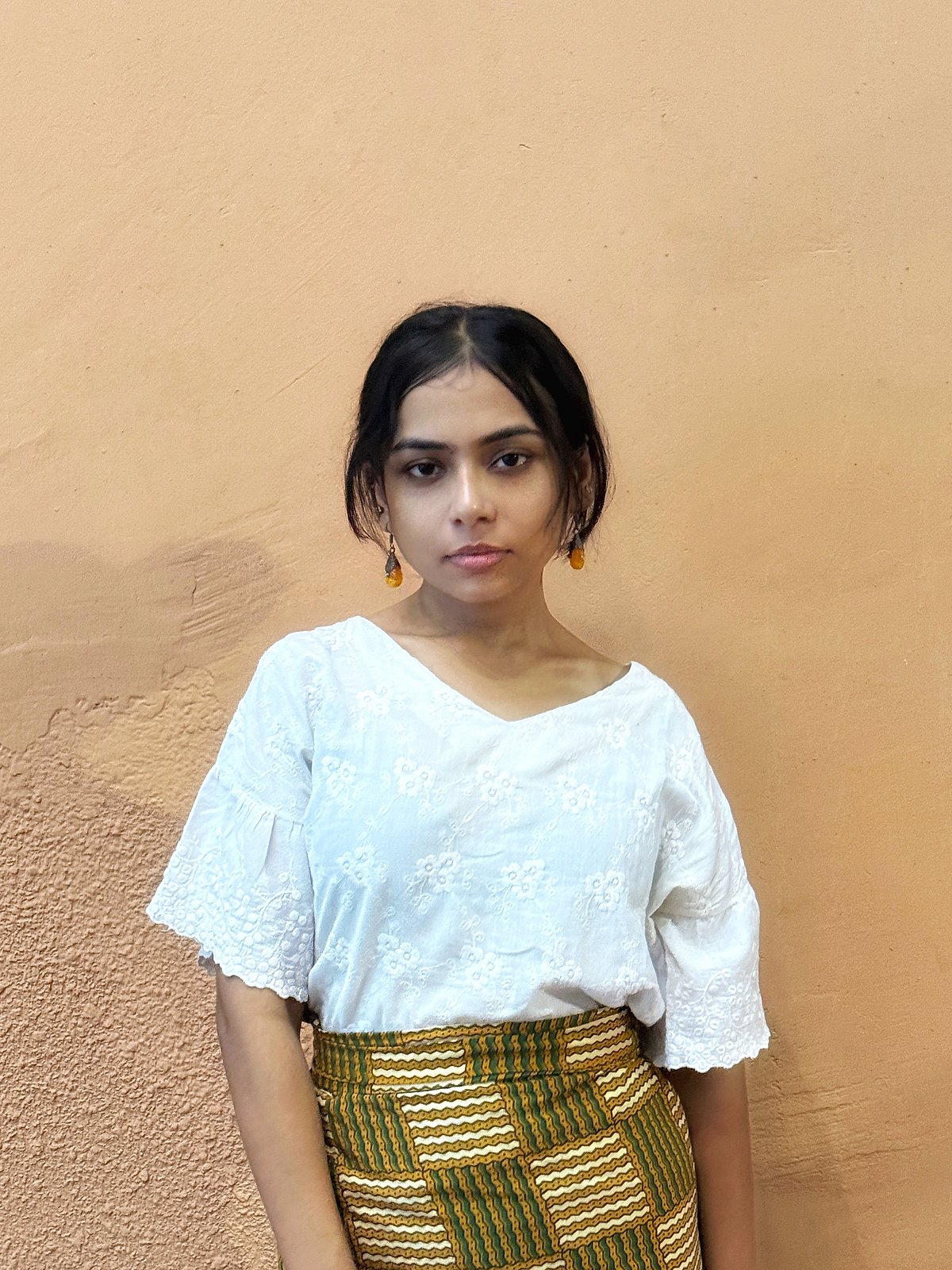
Author
Kamalikaa Biswas is a content writer at Outlook Respawn specializing in pop culture. She holds a Master's in English Literature from University of Delhi and leverages her media industry experience to deliver insightful content on the latest youth culture trends.
Related Articles
